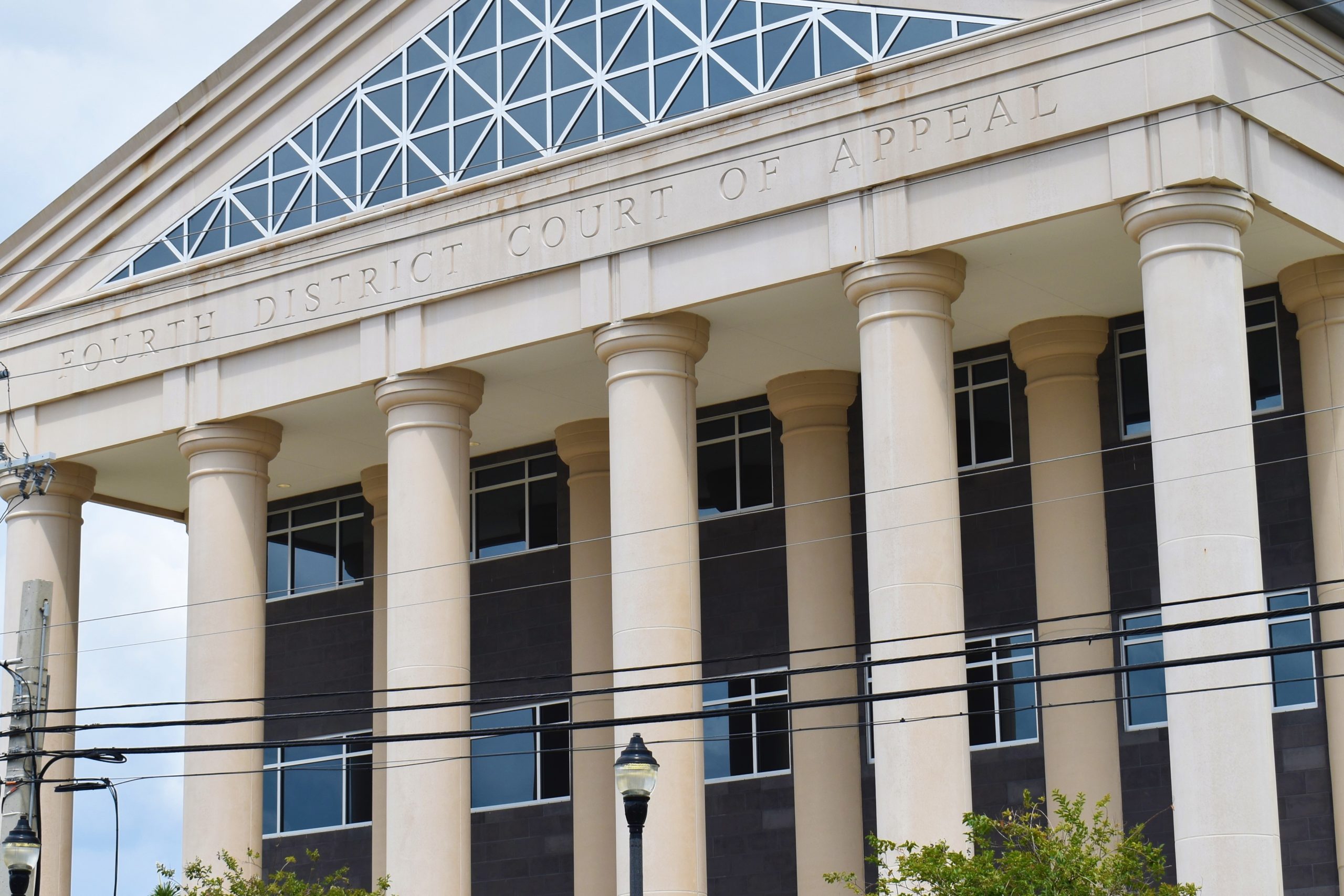Florida Trustee Defenses

If you are a trustee, have you been sued? If you have been sued by one of your trust beneficiaries, you betta know your Florida trustee defenses. Why? Here’s the background that you NEED to understand.

Start with the Basics
A lot of people become a successor trustee in Florida. Some of you are well -intentioned, decent people, but ……you know nothing about running a trust. Admittedly, you are in way over your head. And when you were asked to RESIGN, you just can’t give up the power. You say that you want to adhere to “so-and-so’s” wishes or intent. That’s OK. You mean well. Stay tuned…we’ll get through this. Many times, a Florida resident will have a POUR OVER WILL that leaves everything to a revocable trust when they die. And when that Florida resident dies, there needs to be a successor trustee for that revocable trust. Which is now IRrevocable. Being a trustee is serious business. And if you have been sued by a trust beneficiary, you should know all your Florida Trustee Defenses. Let’s talk about helping defend a Florida Trustee.
Florida Trustee Defenses
First, look at the trust document. The trust itself may do two things. It may change the normal standard of liability for a trustee when you make a mistake. The trust document, for example, may say that you are only liable for “intentional or reckless acts.” That’s actually good for you. It alters the standard of care that ordinarily you face in Florida Trust Law. Second, there may be exoneration or indemnification language in the trust document. That language, simply put, lets you off the hook for most things. After you are done with that, read the Florida Trust Code. This is the body of statutes that IS Florida Trust Law. Why is that important to trustees? Because it contains an entire section on trustee DEFENSES. Read Fla. Stat. 736.1008-738.1018. Your trust litigation lawyer should know all these possible defenses. How are they raised? Sometimes as so called “affirmative defenses.” Sometimes they can be raised elsewhere. Like a motion to dismiss or a motion for summary judgment.